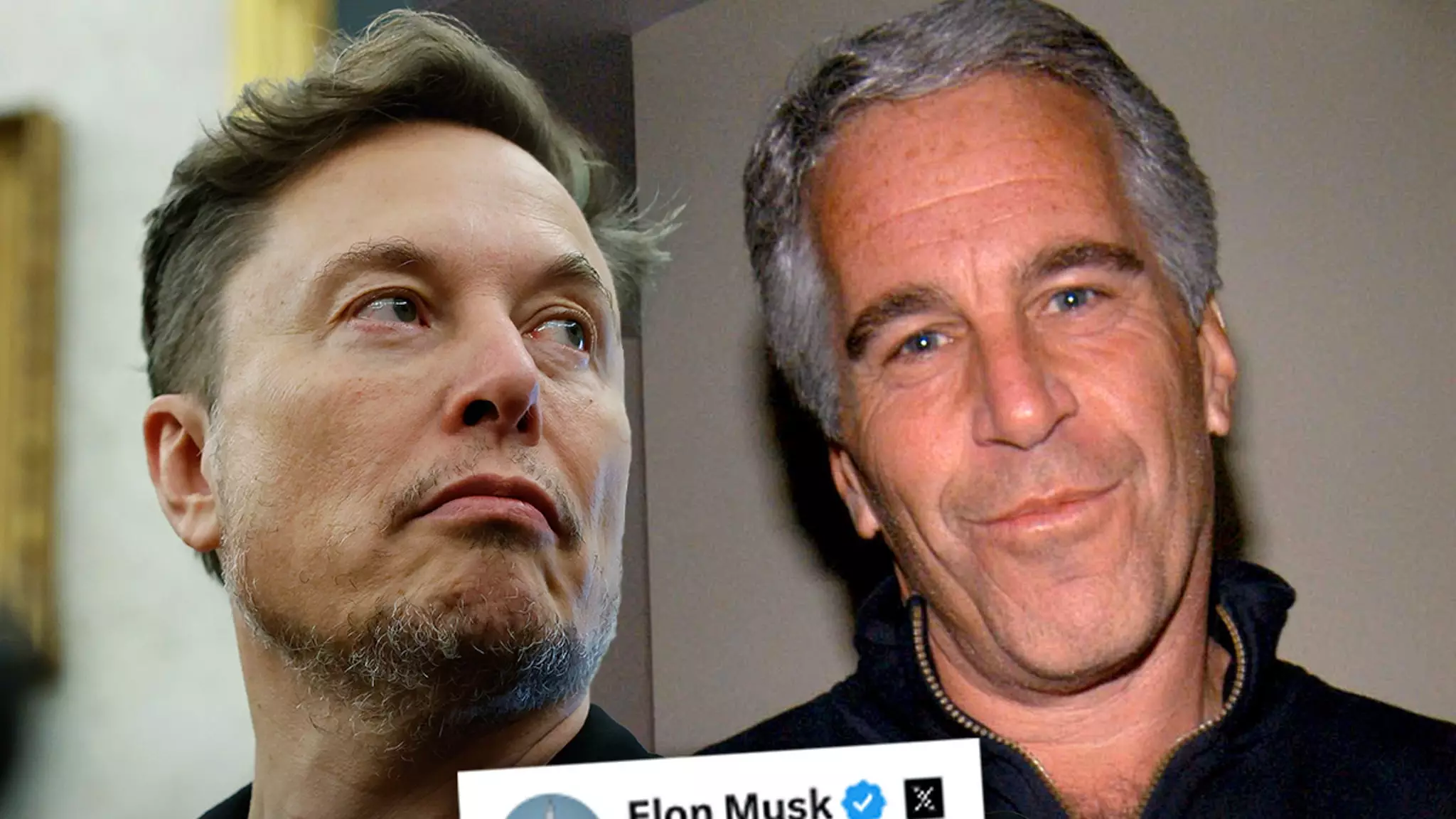Elon Musk, the billionaire innovator known for his audacity and defiance of conventional wisdom, has once again stirred public discourse by openly challenging official government narratives surrounding the Jeffrey Epstein case. His recent, unfiltered comments suggest a deliberate attempt to cast doubt on findings that the authorities have long held as conclusive. Musk’s approach reveals more than just personal curiosity; it highlights the fragile nature of trust in institutions and the potent influence of social media as a tool for activism. His willingness to confront the dominant narrative exposes a complex interplay between skepticism, conspiracy, and the quest for transparency. In a climate where truth is often contested, Musk’s public statements serve as a catalyst for debate, potentially fueling further distrust in government agencies and judicial processes.
The Evolving Narrative: From Official Certainty to Unanswered Questions
The recent memo from the DOJ and FBI, declaring Epstein’s death a suicide with no evidence of foul play, has been a cornerstone in establishing an official version of events. Yet, Musk’s commentary suggests he perceives these statements as insufficient or possibly misleading. By mocking the timeline and questioning the absence of arrests, Musk is implicitly challenging the legitimacy of the investigation’s conclusions. His remark about “no-one-has-been-arrested-o’clock” underscores a frustration that many online users share—that official accounts often leave crucial questions unanswered.
Furthermore, Musk’s attributions to cases involving high-profile individuals such as President Trump and Ghislaine Maxwell amplify the suspicion of withheld information. His emphasis on Maxwell’s imprisonment and the absence of a “client list” feeds into conspiracy theories alleging powerful figures’ involvement, which continues to circulate despite official denials. Musk’s rhetorical flourish, claiming “this is the final straw,” reveals a growing impatience with what he perceives as opaque or manipulated disclosures. Rather than accepting the definitive statements from authorities, Musk urges the public to question the very foundations of the narrative—an act that resonates with a segment of society increasingly distrustful of government statements.
The Risks and Rewards of Conspiracy-Driven Discourse
Musk’s engagement with the Epstein case exemplifies a broader cultural shift toward skepticism of official sources. By publicly dissecting government assertions, he not only heightens the debate but also risks amplifying misinformation if not carefully contextualized. His comments, while provocative, challenge the gatekeeping power of traditional media and legal institutions, urging transparency and accountability. Yet, such skepticism can easily descend into unfounded conspiracy theories, diluting serious investigative efforts and skewing public perception.
More critically, Musk’s stance raises questions about his role as a technological and societal innovator. His difficult relationship with regulatory bodies and public officials suggests a tendency to challenge authority, sometimes to the point of undermining essential institutions that uphold justice and order. While skepticism can be healthy, especially in uncovering truths hidden by powerful interests, unchecked claims risk eroding the social fabric and creating chaos in a time when trust in public institutions is already fragile.
The Digital Age and the Amplification of Distrust
In today’s interconnected world, social media platforms act as double-edged swords. Musk’s use of X (formerly Twitter) exemplifies how a single post can ripple through millions, influencing opinions and shaping narratives beyond traditional journalism. His tweets serve as a form of digital activism—an assertion of agency in questioning authority—yet they lack the moderation and verification processes that characterize responsible journalism.
The proliferation of conspiracy theories surrounding Epstein’s death and the case’s wider implications reflects a society grappling with legitimacy and transparency. Musk’s comments fuel these theories, whether intentionally or unintentionally, highlighting the dangerous potential of influential voices to distort reality. While skepticism is vital in holding power to account, it must be balanced with a commitment to evidence-based reasoning. Otherwise, we risk descending into a landscape dominated by speculation and distrust, where truth becomes a casualty.
Elon Musk’s recent remarks on the Epstein case mark a provocative intervention into a complex and emotionally charged issue. His challenge to official narratives underscores the ongoing tension between transparency and secrecy, truth and speculation. While his stance energizes a segment of the public eager to uncover concealed truths, it also risks fueling misinformation and deepening societal divisions. Musk’s boldness exemplifies the power and peril of modern digital discourse: it can catalyze change or unleash chaos. Whether his actions will ultimately lead to greater accountability or contribute to a climate of distrust remains an open question. One thing is certain—his voice will continue to echo loudly in the ongoing quest to unveil what really lies beneath the official stories we are told.

